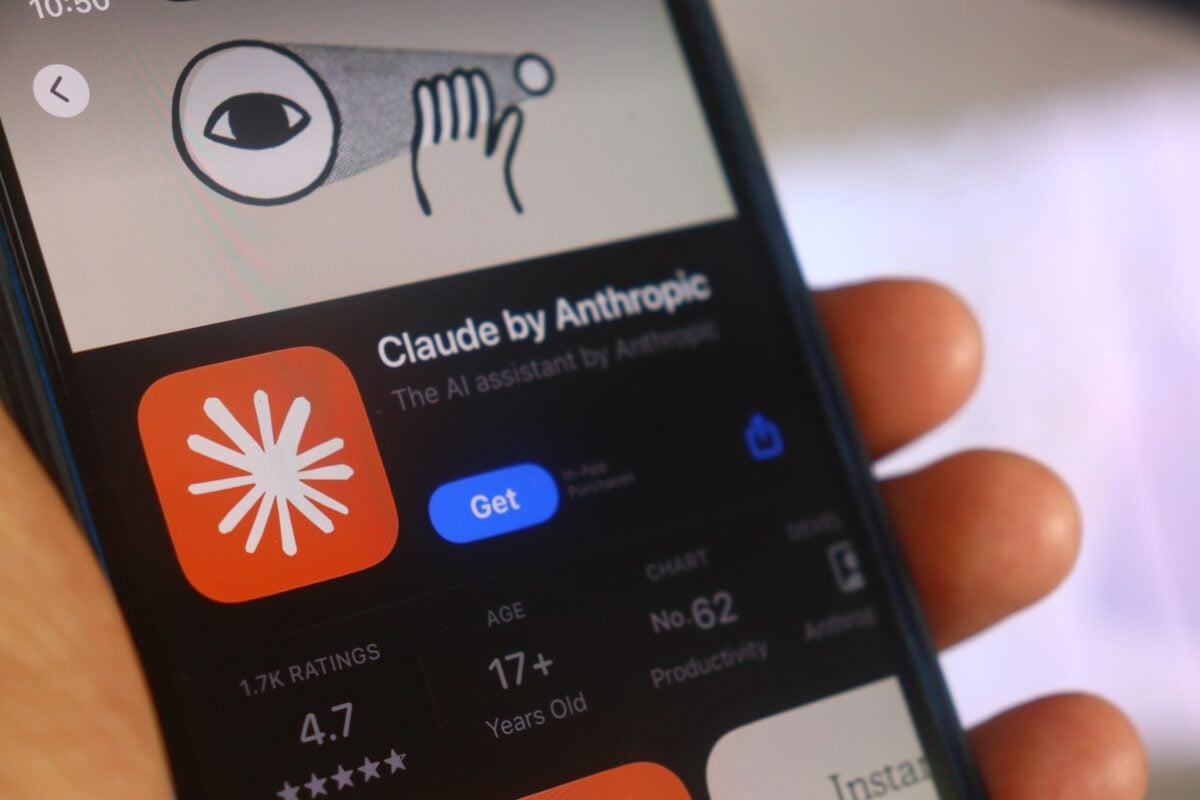TLDRs;
- Anthropic blocks Chinese-owned firms and subsidiaries from Claude AI, citing risks of military misuse and security threats.
- The $183B AI firm is going beyond compliance, supporting stricter US export controls while expanding restrictions voluntarily.
- Foreign subsidiaries majority-owned by Chinese companies are also targeted, addressing potential loopholes in global AI access.
- Move highlights how frontier AI companies are taking on proactive geopolitical roles, shaping the global security landscape.
San Francisco-based Anthropic has taken a decisive step by blocking companies majority-owned by Chinese entities from accessing its artificial intelligence services.
The company, best known for its Claude AI model, said the restrictions are designed to prevent US adversaries from using advanced AI for purposes that could threaten national security.
Anthropic explained that foreign subsidiaries might be compelled by authoritarian regimes to share sensitive information, creating pathways for AI to be adapted for military applications. Concerns around China’s potential use of AI in developing autonomous weapons systems have intensified calls from US officials for stricter export controls, a policy the company has now gone beyond by imposing its own voluntary restrictions.
Going Beyond Government Mandates
Unlike many technology firms that often push back against government oversight, Anthropic is positioning itself as an active defender of US national interests.
Its leadership has emphasized support for stronger US export regulations while also voluntarily expanding restrictions to prevent misuse.
The company, currently valued at $183 billion, views its technology as critical infrastructure requiring additional safeguards. By proactively cutting access, Anthropic demonstrates how leading AI firms are no longer just subject to geopolitical rules, they are becoming influential geopolitical players themselves.
Foreign Subsidiaries Under Scrutiny
A notable feature of Anthropic’s decision is the inclusion of overseas subsidiaries owned by Chinese firms. This expands restrictions well beyond the borders of mainland China, signaling a recognition that foreign-registered entities can still be subject to domestic laws compelling cooperation with the Chinese government.
By blocking these subsidiaries, Anthropic is addressing loopholes that could otherwise provide indirect access to Claude AI’s capabilities.
The firm did not specify which companies have been affected, leaving open questions about the scale of the ban and its impact on the global AI market.
Broader Implications for AI Governance
This move underscores how AI companies are increasingly shaping international policy and security considerations.
In an environment where advanced AI models are becoming tools of economic power and potential warfare, private firms are beginning to act as gatekeepers.
Industry analysts suggest Anthropic’s decision could influence other US-based AI providers to follow suit, setting a precedent where security-driven restrictions become industry norms rather than isolated cases.
The development also comes at a time when Anthropic is under scrutiny for extending how long it retains user chat data further highlighting how questions of trust, privacy, and regulation surround the company’s growth.







